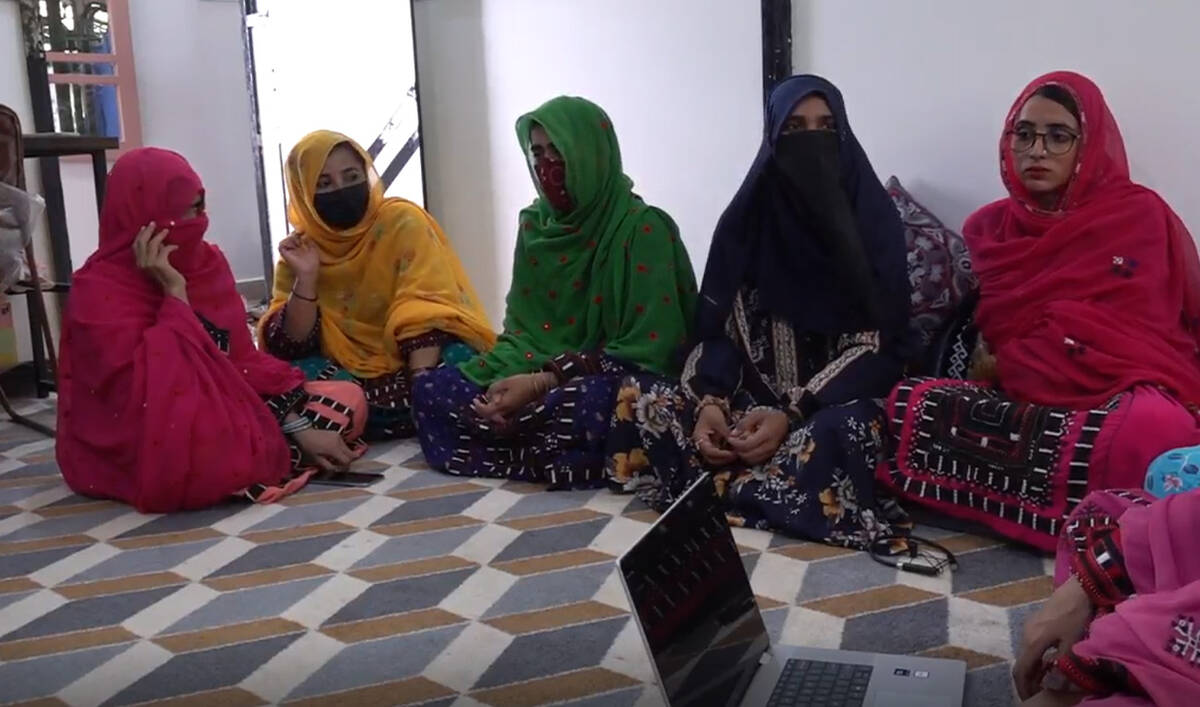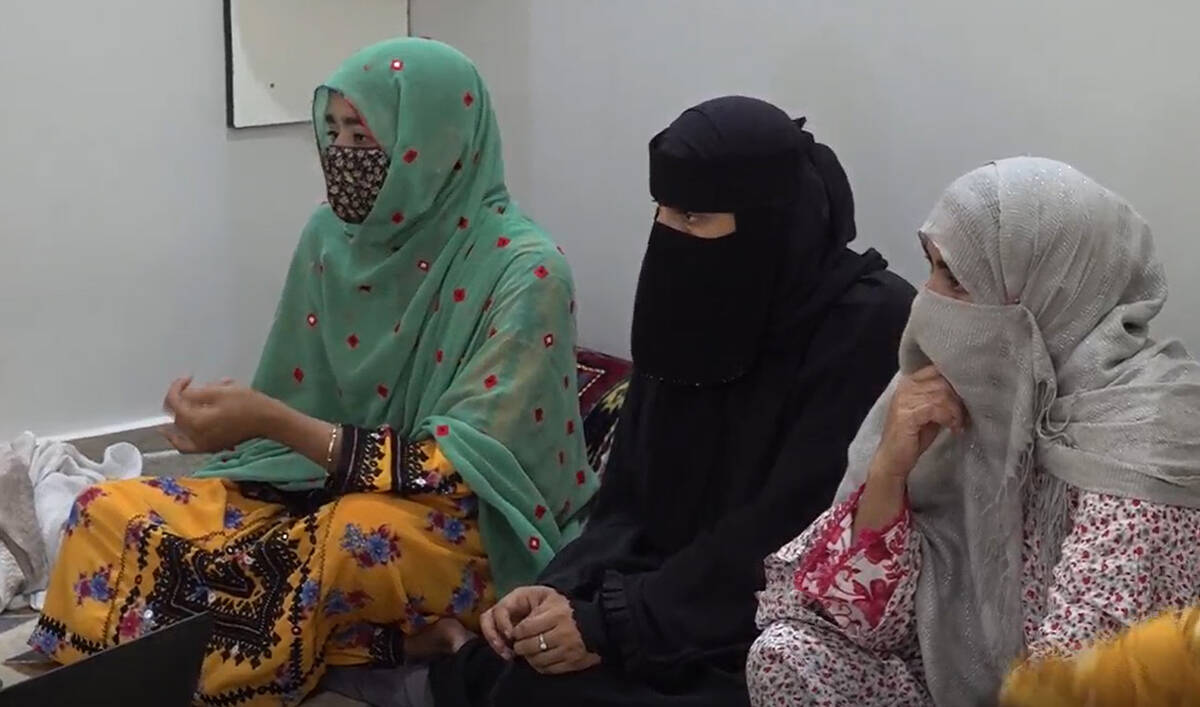KARACHI: As Pakistan marks its 77th Independence Day, the nation’s young people find themselves caught between hope and despair, reflecting the broad spectrum of challenges the country faces and also highlighting the strength of their bond with it.
Pakistan was formed in the rupture of independence from British-ruled India in 1947, triggering a mass migration marred by bloodshed and violence on both sides. About 15 million people changed countries, mainly based on religion, and more than a million were killed in religious riots, according to independent estimates.
Today, approximately 64 percent of Pakistan’s population is under the age of 30, one of the youngest demographics in the world, presenting both a challenge and an opportunity, particularly in terms of education, employment and social development.
However, enduring economic challenges like inflation and a lack of job opportunities has dampened the hopes and ambitions of Pakistan’s young citizens.
“The state of the national economy is dire, inflation is rising and the youth population is very large,” Virsa Pirzado, the first female Central President of the Progressive Students Collective, which works for social justice, told Arab News.
“Despite our educational degrees, we face a lack of employment opportunities.”
Lack of rights and a sense of political disenfranchisement were also major problems for the youth, she added.
Indeed, as the country’s young population has ballooned to around half its electorate in recent years, there has been a growing frustration with dynastic politics and corruption. Former cricketer and ex-PM Imran Khan, arguably Pakistan’s most popular politician even from behind bars, has capitalized on young people’s yearning for change, stirring a political awakening for their generation.
Now, his party faces a state-led crackdown and many young people say speaking up for rights is becoming increasingly difficult.
“There are significant human rights problems,” Pirzado said. “People are distressed as they are not getting their rights, and when they speak up, they are targeted by violence.”
Muhammad Yaqoob, a struggling actor and engineering student, said Pakistan’s prolonged economic challenges were creating a sense of urgency to search for greener pastures.
“Many young people you see are going abroad because they are not receiving proper facilities or good job opportunities in Pakistan,” he said. “Going abroad seems to be the best option.”
For some it seems like the only option, and hundreds make perilous sea journeys to illegally reach European shores. Last June, a large number were killed when a fishing trawler carrying hundreds of illegal migrants capsized near the Greek coast.
“The purpose for which Quaid-e-Azam [Muhammad Ali Jinnah] founded this country is not visible in the freedom we experience today,” Sarfaraz Khan, a young banker, said.
“Inflation is evident, and we are being crushed under its weight. Heavy taxes have been imposed on us, electricity bills are soaring, and water is not adequately available. If you visit hospitals, you’ll see their poor condition. It’s unclear where the country is heading.”
Huda Mehmood, a 24-year-old graphic designer, agreed that young people had little reason to hope for a better future.
“Seventy-seven years is a long time, and I still feel that we are somewhat stuck,” she told Arab News. “We hear promises about what will be done for the youth, but nothing actually changes.”
However, Mehmood said her sense of frustration over these unfulfilled promises had not diluted her bond with Pakistan.
“I love Pakistan very much, even though there are many things in Pakistan that are up and down,” she added.
“Even if I go abroad, I will still wish for Pakistan to be in a good position, so that people can give the example of our country, saying, ‘Look at where Pakistan has reached’.”

















